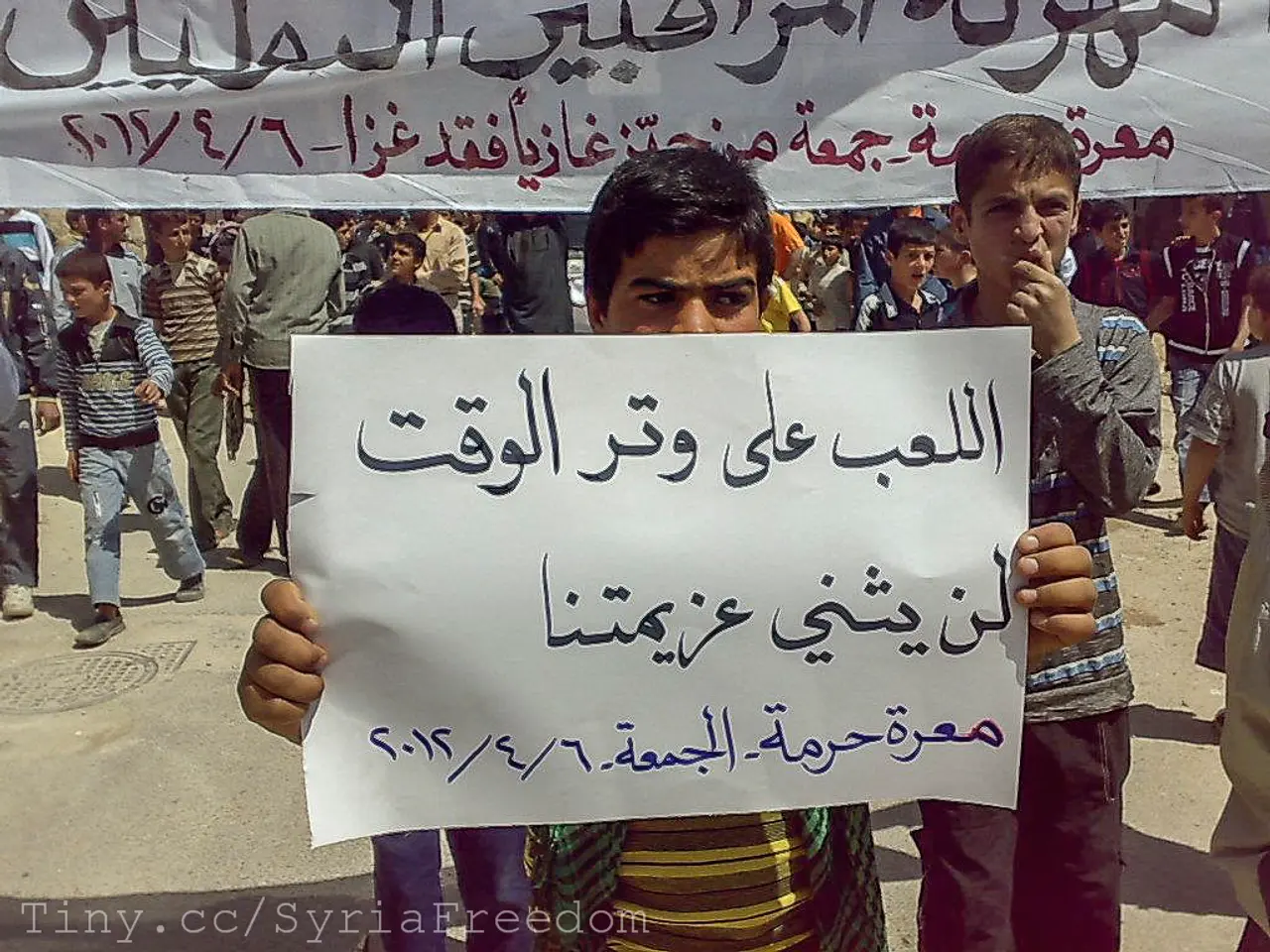Country's current status remains undisclosed by the Commission.
In France, the law governing provisional detention (détention provisoire) in cases of sexual assault on minors is strictly defined by the Code of Criminal Procedure. The Code sets out specific criteria that must be met for provisional detention to be authorized.
Provisional detention is permitted only when there is serious or corroborated evidence justifying the suspicion that the accused has committed the sexual assault on a minor. Additionally, the detention is necessary to prevent the suspect from fleeing justice, interfering with evidence or witnesses, committing new offenses, or ensuring the proper conduct of the investigation and trial.
The investigative judge or the judicial authority must order and renew provisional detention after assessing that these risks persist, following a detailed hearing and justification. Provisional detention is a measure of last resort, with alternatives like judicial supervision, bail, or electronic monitoring being considered and applied when sufficient.
Special protections for minors and victims are also included in the law, ensuring their statements and testimonies are appropriately handled, influencing the judge’s decision on detention conditions and duration.
Recently, the Montreuil case, which started on social media, has been making headlines. Redouane E., Juliette S.'s ex-partner, was charged with complicity in sexual assault. Both suspects were released after custody and placed under judicial control, despite a prosecutor's recommendation for provisional detention. The judge considered the suspects' established positions in society and their unblemished records as limiting the risk of fleeing.
Gérald Darmanin, the French Minister of the Interior, has proposed a bill aiming to include disturbance of public order as a criterion for provisional detention in delictual matters. However, penal law specialists have rejected this argument, stating that disturbance of public order is only reserved for the most exceptional, most serious offenses that create a persistent public disorder.
It's important to note that the French Code of Criminal Procedure generally governs provisional detention, with considerable jurisprudence and legal commentary elaborating that provisional detention is justified on the grounds mentioned above in such serious cases.
In conclusion, provisional detention in sexual assault cases on minors in France requires serious evidence, risks such as flight or tampering, and judicial authorization, balanced with protections for the victim and alternatives to detention. The proposed bill by Darmanin aims to integrate disturbance of public order into the criteria for provisional detention in delictual matters, but this remains a topic of debate among penal law specialists.
[1] For more detailed information, you may refer to articles of the French Code of Criminal Procedure or official resources to find the statutory provisions.
The French Code of Criminal Procedure, with its rigorous statutory provisions, dictates that provisional detention in general-news cases such as sexual assault on minors can only be authorized when there is substantial evidence and the necessary conditions are met. This includes the risk of flight, tampering with evidence or witnesses, and committing new offenses, necessitating the order and renewal of detention by the investigative judge or judicial authority.
In the current debate, the proposal by Gérald Darmanin, the French Minister of the Interior, suggests inclusion of disturbance of public order as a criterion for provisional detention in delictual matters, a move met with resistance from penal law specialists. This controversy surrounds the applicability of such criteria to less severe crimes like crime-and-justice matters.






